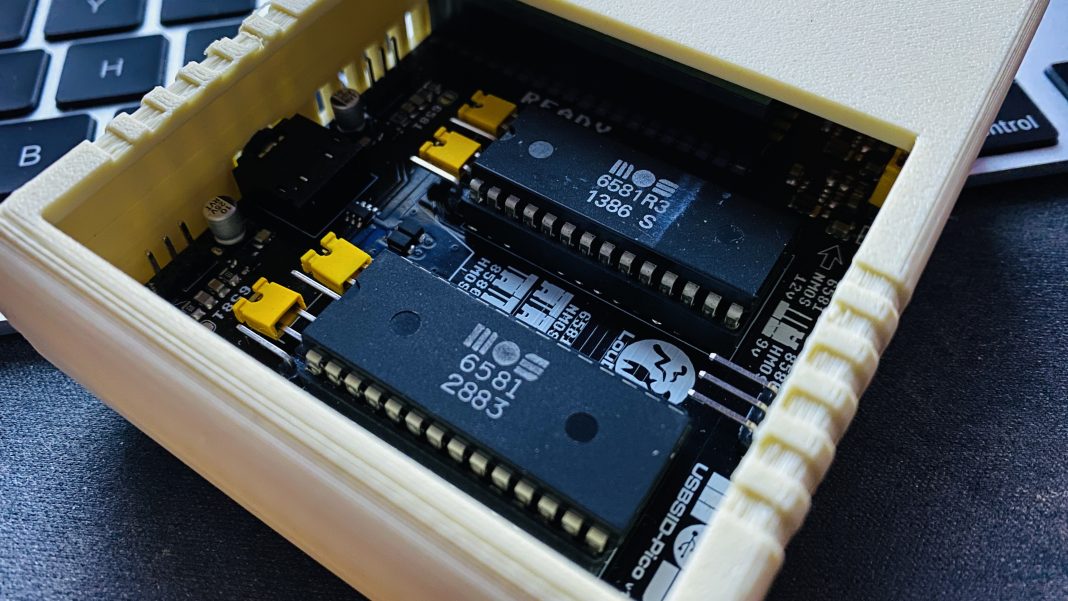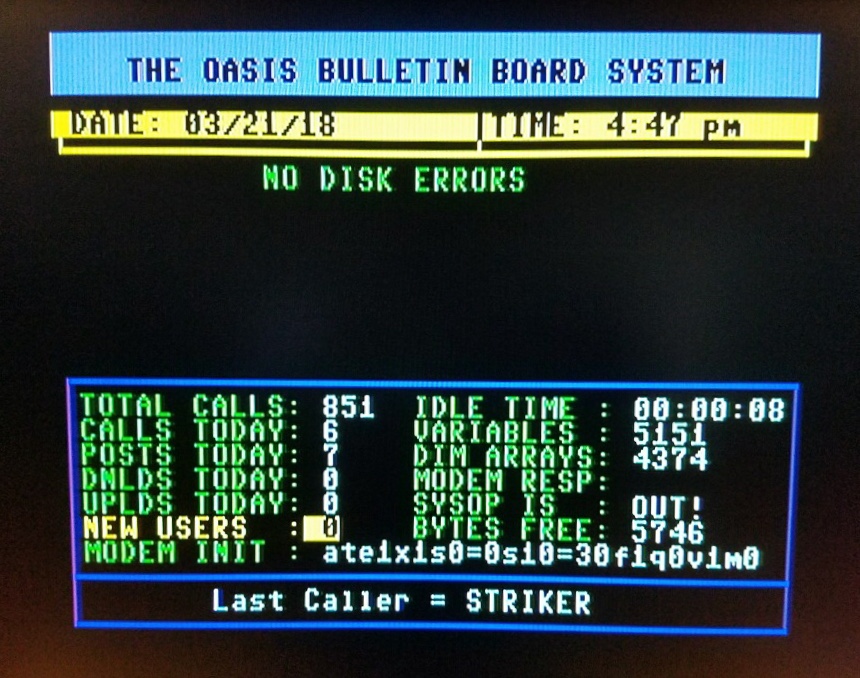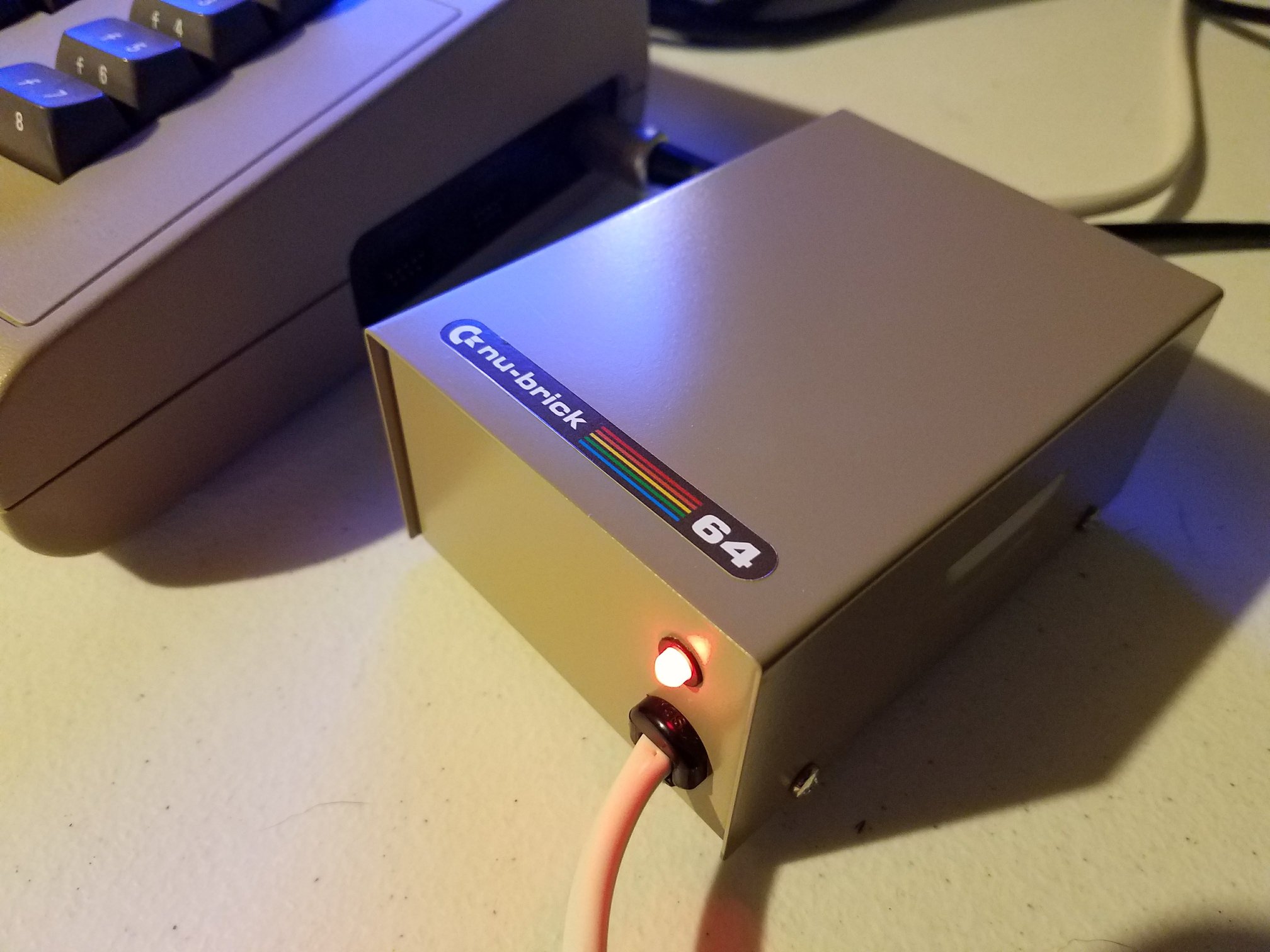The latest development build of USBSID-Pico Cynthcart brings an intriguing new feature: an embedded version of emudore that can run Cynthcart directly on the board. LouD, the creator of USBSID-Pico, has released test builds labeled with _em in the filename, which include this emulator capability. These can be found on the project’s GitHub release page.
With this new functionality, the emulator takes over control of both the SID chips and the MIDI input port until a stop command or hard reset is issued. The activation process is simple: send MIDI Control Change (CC) message 0x55 (hex) or 85 (decimal) to start the emulator, and 0x56 (hex) or 86 (decimal) to stop it. Users can also start or stop the emulator using the CLI configuration tool by entering cfg_usbsid -config 0x9A 0x00 for start and cfg_usbsid -config 0x9A 0x01 for stop.
Known quirks
Since this is an early development build, users should expect a few rough edges. Restarting the emulator multiple times in one session may produce glitches, requiring a board reset to clear the issue. Another telltale sign of misconfiguration is a hi-hat-like noise when pressing keys on a connected MIDI keyboard. This sound means the emulator is not properly enabled.
MIDI and Cynthcart integration
The update ties directly into the long history of Cynthcart, Paul Slocum’s software synthesizer for the Commodore 64 that transforms the SID chip into a live performance instrument. The Cynthcart manual provides detailed instructions on MIDI control, including parameter changes through CC messages. With USBSID-Pico’s integration, this control is now extended to a hardware-based setup without needing the original Commodore hardware.
Community feedback
LouD has invited users to experiment with the update and share their experiences. Given the experimental nature of the feature, feedback will help shape future builds and refine emulator performance.
This release offers a fresh way to interact with the classic SID sound, bridging modern MIDI setups with vintage-inspired software. It underscores how projects like USBSID-Pico and Cynthcart continue to evolve and remain relevant to musicians and retro enthusiasts alike.








